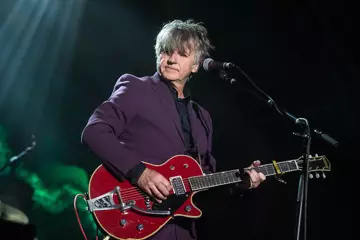The Royal Australasian College Of Surgeons has called for a tightening of existing lockout laws in the Northern Territory as a means to curb the effects of alcohol-fuelled violence.
According to the NT News, RACS is renewing a push to bring the territory's existing one-way door policy — which is effected daily at 3am — forward to an earlier hour, citing the fact that "earlier closing times consistently reduce assaults and emergency department attendances" as their main reasoning.
"Ultimately it is surgeons and other medical professionals who see firsthand the extent of the problem," RACS trauma committee chair John Crozier told the NT News. "In an election year, I encourage both the government and the opposition to consult the evidence base."
The 'evidence base' to which Crozier refers are statistics showing a 32 per cent decrease in assaults in Kings Cross and 26 per cent decrease in the CBD following the city's lockout introduction two years ago.
However, as in other states and cities around Australia, the push for earlier closing times in the Northern Territory is not one that has been met with uniform enthusiasm, with Australian Hotels Association NT chief executive Des Crowe expressing satisfaction with the current framework, which enforces a 3am lockout (and 4am close) across Darwin's four venues that trade past 2am.
As the paper notes, Crowe believes that a lot of areas in the Northern Territory have little in common with somewhere such as Kings Cross — in fact, Crowe said, although "we have a lockout in use in Darwin and we're not strictly opposed to that … we wouldn't think the environment in Alice Springs would demand any form of lockout."
The renewed call for early lockouts across the NT comes as the issue dominates the late-night entertainment industry of the east coast after blowing up following NSW premier Mike Baird's infamous post defending the lockouts. That action alone has directly or indirectly led to mass protests, fundraisers, artist demonstrations (both from locals such as Adam Martin and international heavyweights such as Wu-Tang Clan), and even a bid for exemption from the lockouts for live music venues.















